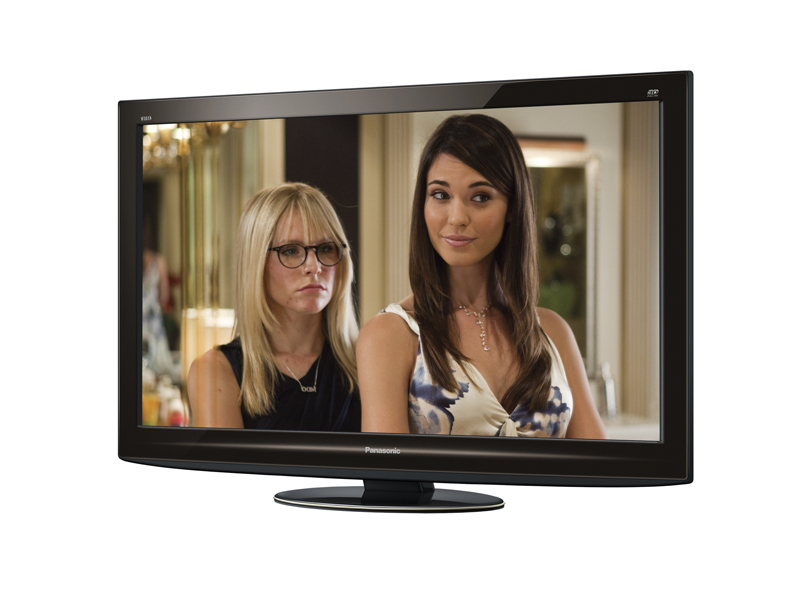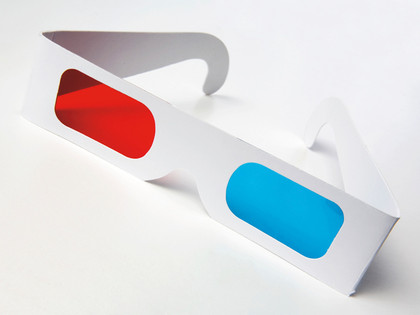Panasonic: glasses-free 3D TV 'within five years'
Says no to lenticular displays

While the war over active versus passive 3D TVs rages on, it could be all but obliterated by the development of an autostereoscopic television which does away with the glasses altogether.
Some manufacturers, like Toshiba, have committed to rushing out a glasses-free 3D TV as early as 2012, but Panasonic has now said that it'll be at least five years before it has an auto-stereoscopic 3D set on the market.
Speaking at Intellect's Consumer Electronics 2011 show, Panasonic's marketing manager Andrew Denham explained why: "Its not there yet. The physics of it – you can't get there without hurting the 2D experience at the moment."
Lenticular lentils
While Philips, which will launch an auto-stereoscopic set in 2013, and Toshiba are relying on lenticular displays (which show two sets of the same image, one for each eye, which your brain then puts together), Panasonic won't be going that route.
The problem is that glasses-free 3D, like that of the Nintendo 3DS and smartphones like the HTC Evo 3D, is that it requires you find a sweetspot and hold your head there. Fine when using a mobile device, but not so brilliant for watching a 40-inch TV attached to the wall.
"It's getting better," said Denham. "But we won't solve it with lenticular displays. Within five years we'll see it [glasses-free 3D TV] in the consumer market."
Sign up for breaking news, reviews, opinion, top tech deals, and more.
The company is no doubt keen to get it right, particularly given that its range of active-shutter TVs require people to buy glasses that cost upwards of £80.
When asked if it was sustainable for the company to continue bundling multiple pairs of glasses with each TV sold, Denham replied, "Clearly not."

But is the advent of glasses-free 3D TVs hindering uptake of the current crop?
"We don't think so," said Denham. What could be hindering it, though, is the damage Hollywood has done with its shoddy 2D to 3D conversions.
"The film industry has accelerated the time to market and that has created concerns over quality. But that will subside; we're all learning and moving to higher quality content. It's a chicken and egg situation, though – but we're doing our part in seeding enthusiasm for 3D TV."
Former UK News Editor for TechRadar, it was a perpetual challenge among the TechRadar staff to send Kate (Twitter, Google+) a link to something interesting on the internet that she hasn't already seen. As TechRadar's News Editor (UK), she was constantly on the hunt for top news and intriguing stories to feed your gadget lust. Kate now enjoys life as a renowned music critic – her words can be found in the i Paper, Guardian, GQ, Metro, Evening Standard and Time Out, and she's also the author of 'Amy Winehouse', a biography of the soul star.